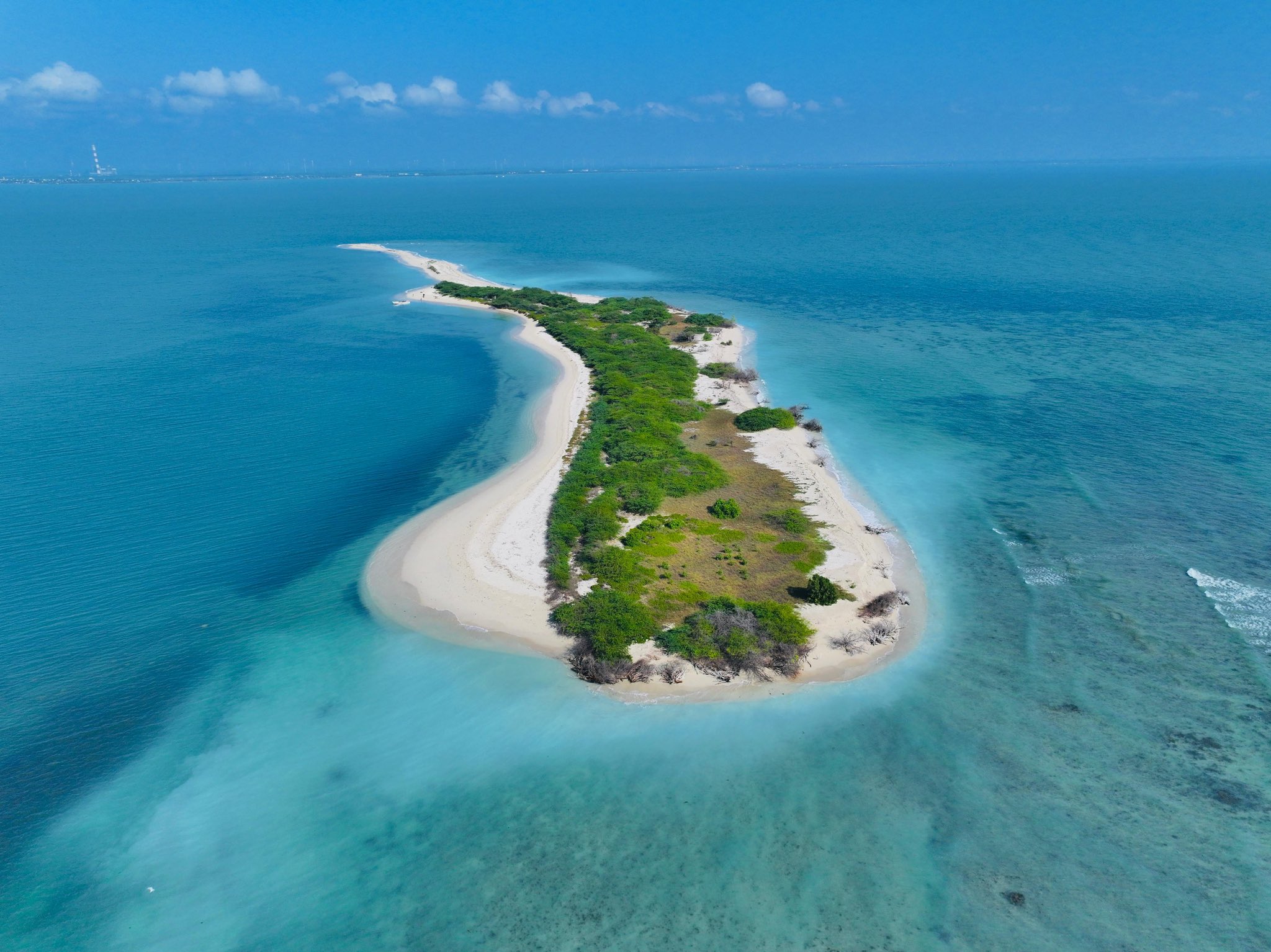

New Delhi, June 8: At a time when climatic factors have been determinants for the changes in seas and oceans, abnormal climate change and green house effect, are now deepening concerns of the ocean and the ocean lives and the entire biodiversity.
The concern yet more alarming due to overfishing and pollution with trashes and solid wastes, assay the scientists across the world.
Scientists from 19 countries, including India are working out on saving the oceanic biodiversity from the dangerous pollution and thermal changes posed by manmade elements.
The Marine Stewardship Council study revealed that rising sea surface temperatures and increased frequency of extreme weather events, including cyclones, are causing disruptions in the marine food web, thereby affecting coastal livelihoods. Plastic pollution is another worrying issue that has emerged as the biggest threat to marine ecosystems, the scientists said. According to the scientists who participated in the survey, a staggering amount of plastic debris, originating from human activities on land, is increasingly reaching the oceans. Marine scientists warned that this influx of plastic poses an escalating danger to coastal ecosystems and the livelihood of small-scale fishers.
"It is alarming that around 5% of marine catch from coastal waters contains plastic waste," said Sunil Mohamed, chair of Sustainable Seafood Network of India and former principal scientist at ICAR-Central Marine Fisheries Research Institute. Flagging it as a grave issue to marine life, he called for stricter measures to tackle the menace through coordinated efforts of the public and govt agencies.
"There is inherent resilience in ocean ecosystems, and hence good fisheries management and environmental care could greatly help to restore the ecosystems," he added.
According to the state of world fisheries and aquaculture report, consumption of aquatic animals rose from 9.1kg per capita in 1961 to 20.7kg in 2022.
Kerala is grappling with millions of plastic pellets that washed ashore from the sunken container ship MSC ELSA along the southern coast, raising concerns of long-term pollution.
Mohamed said, "Indian Ocean is rapidly warming, leading to disruptions in fish productivity, species distribution and the decline of some commercially important varieties."
Dr Beth Polidoro, research director at Marine Stewardship Council, said: "There is a general consensus among scientists across the world that our oceans are under threat.
Halting these negative impacts to ensuring healthy oceans will contribute a lot to the nature for future generations."